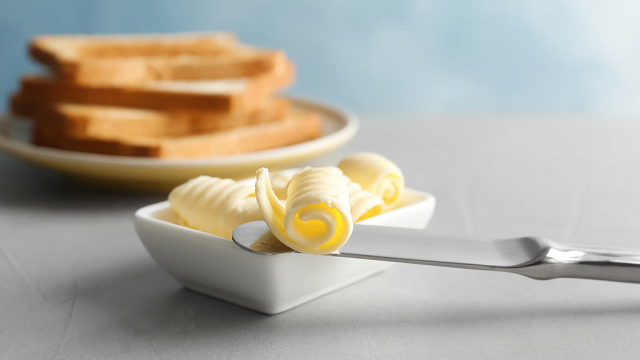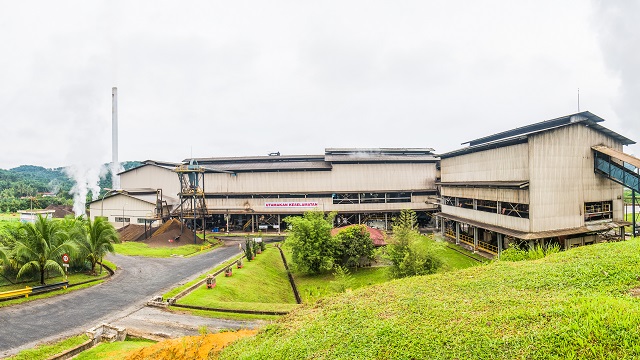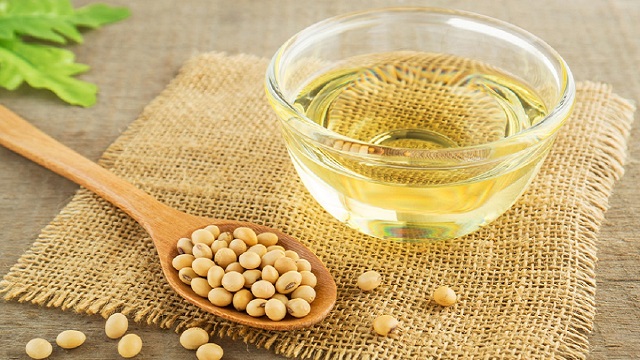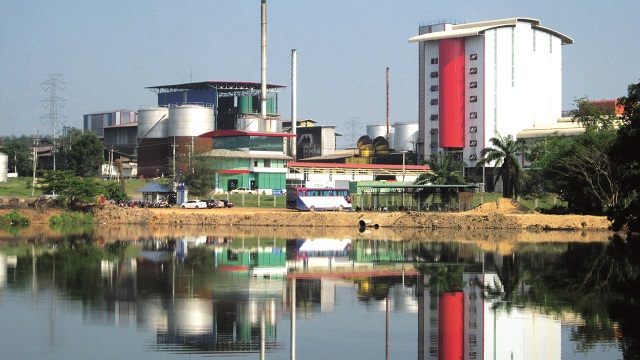Margarine plant systems
Looking at downstream investment options for your edible oil business? Generate new revenues by refining edible oils further into low-fat spreads or table, liquid, cake and cream, and puff pastry margarines. For the highest yellow fat product quality and yield, optimize your edible oil processes with hygienic, highly automated, modular margarine plant systems from Alfa Laval. Count on us for comprehensive solutions to meet your needs – now and throughout the lifetime of your margarine plant.
Flexible, highly efficient process systems for high-quality margarines and spreads
- Modular plant that easily adapts to capacity requirements
- Fully automatic, cost-effective skid-mounted processing systems
- Proven, hygienic product
- Highest product quality, optimized yield
- A single point of contact for all your margarine processing
Margarine production process description
The margarine production process consists of five sections: the oil phase with emulsifier preparation, the water phase, the emulsion preparation, pasteurization and crystallization. Any excess production is returned via a continuous rework unit to the emulsion tank.
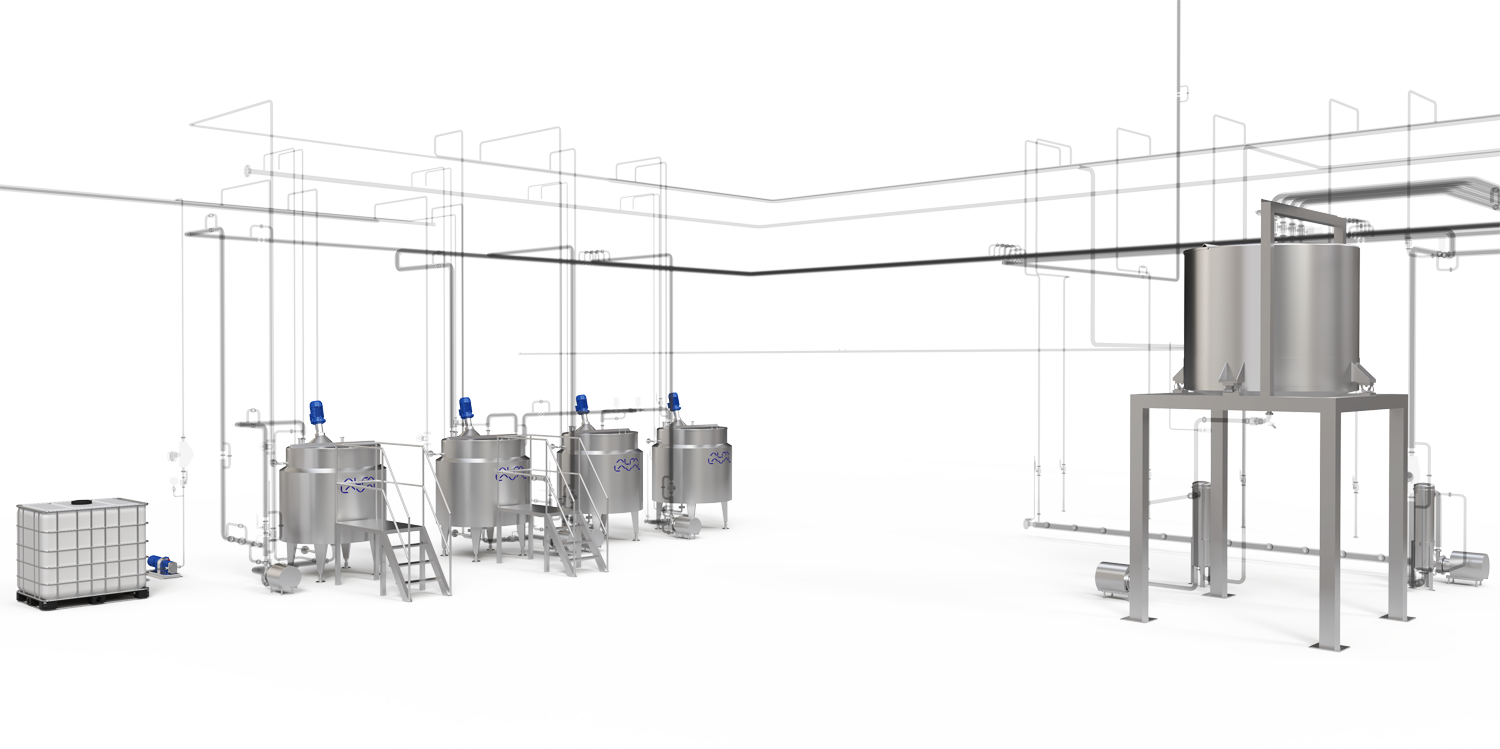
Oil phase and emulsifier preparation in margarine production
A pump transfers oil, fat or blended oil from storage tanks through a filter to a weighting system. To obtain the correct oil weight, this tank is installed above load cells. The blend oil is mixed according to a recipe.
Emulsifier preparation is accomplished by mixing oil with the emulsifier. Once the oil reaches a temperature of approximately 70°C, the emulsifiers such as lecithin, monoglycerides and diglycerides, usually in powder form, are manually added into the emulsifier tank. Other oil-soluble ingredients such as colouring and flavour may be added.

Water phase in margarine production
Insulated tanks are supplied for the production of the water phase. A flow meter doses the water into the tank where it is heated to a temperature above 45ºC. Dry ingredients such as salt, citric acid, hydrocolloids or skimmed milk powder may be added into the tank using special equipment such as a powder funnel mixer.

Emulsion preparation in margarine production
The emulsion is prepared by dosing oils and fats with the emulsifier blend and the water phase in the said order. Mixing of the oil phase and water phase takes place in the emulsion tank. Here, other ingredients, such as flavour, aroma and colourant, may be added manually. A pump transfers the resulting emulsion to the feed tank.
Special equipment, such as a high shear mixer, may be used at this stage of the process to make the emulsion very fine, narrow and tight, and to ensure good contact between the oil phase and the water phase. The resulting fine emulsion will create a high-quality margarine that exhibits good plasticity, consistency and structure.
A pump then forwards the emulsion to the pasteurization area.
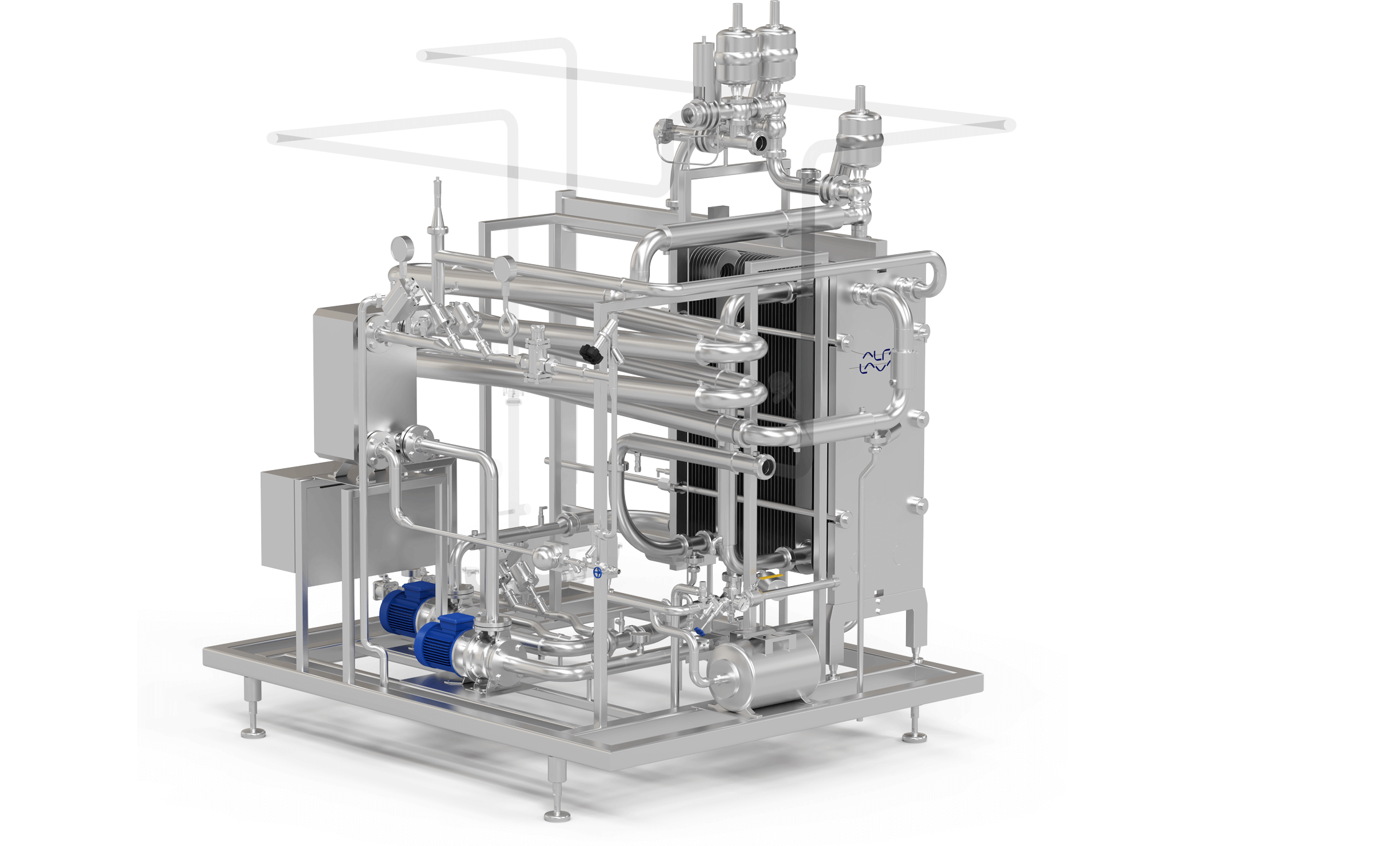
Pasteurization in margarine production
A skid-mounted pasteurization unit handles in-line pasteurization. A pump transfers the emulsion through a wire mesh filter to a plate heat exchanger for pasteurization. Another pump facilitates the circulation of hot water through the plate heat exchanger. Pasteurization occurs at temperatures between 80°C and 85°C; the process takes several seconds. Heating the emulsion inhibits the growth of bacteria and other micro-organisms and improves the stability of the emulsion. The emulsion typically leaves the pasteurizer at a temperature of between 45°C and 50ºC.
Crystallization in margarine production
A high-pressure pump transfers the emulsion to a high-pressure scraped surface heat exchanger (SSHE), which is configured according to the flow rate and recipe. There may be various cooling tubes of different sizes and different cooling surfaces. Each cylinder has an independent cooling system into which the refrigerant (typically ammonia R717) is directly injected. Product pipes connect each cylinder to one another. Temperature sensors at each outlet ensure proper cooling. The maximum pressure rating is 120 bar.
Depending on the recipe and application, the emulsion may need to pass through one or more pin worker units prior to packing. Pin worker units ensure the proper plasticity, consistency and structure of the product. If required, Alfa Laval can supply a resting tube; however, most packing machine suppliers provide one.
Continuous rework unit
A continuous rework unit is designed to re-melt all excess product that by-passed the packing machine for reprocessing. At the same time, it keeps the packing machine free of any undesired backpressure. This complete system consists of a plate heat exchanger, tempered recirculating water pump, and water heater.
A unique partnership
Alfa Laval has teamed up with RONO, the process solution technology specialists for the food industry, to deliver comprehensive, customized margarine process systems that can be fully integrated into your plant. Our solution offerings complement each other. Let us design and deliver the upstream refining and fat modification sections or highly flexible, multifunctional solutions. You can count on solutions individually tailored to your specifications and the desired end product. Stronger together, Alfa Laval and RONO bring you the best in margarine plant system design, engineering, service and support through our combined global presence.
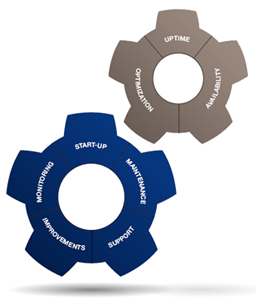
Global services and support
Keeping your margarine process lines up and running is our core concern. Get the most out of your plant with support from Alfa Laval experts. You can count on us to meet your service requirements – from training your staff and sharing our knowledge to conducting onsite trials and test runs at a pilot plant. Working together with RONO, Alfa Laval has an extensive global service network that spans more than 100 countries, providing a local presence near you to optimize your processes and maximize quality, efficiency and yield.
Everything you need for outstanding margarines and spreads
Looking to build a new processing plant or scale up production? Optimize your margarine plant with Alfa Laval. With its broad knowledge and comprehensive solutions and equipment portfolio, Alfa Laval has global reach and local presence to meet your needs.

